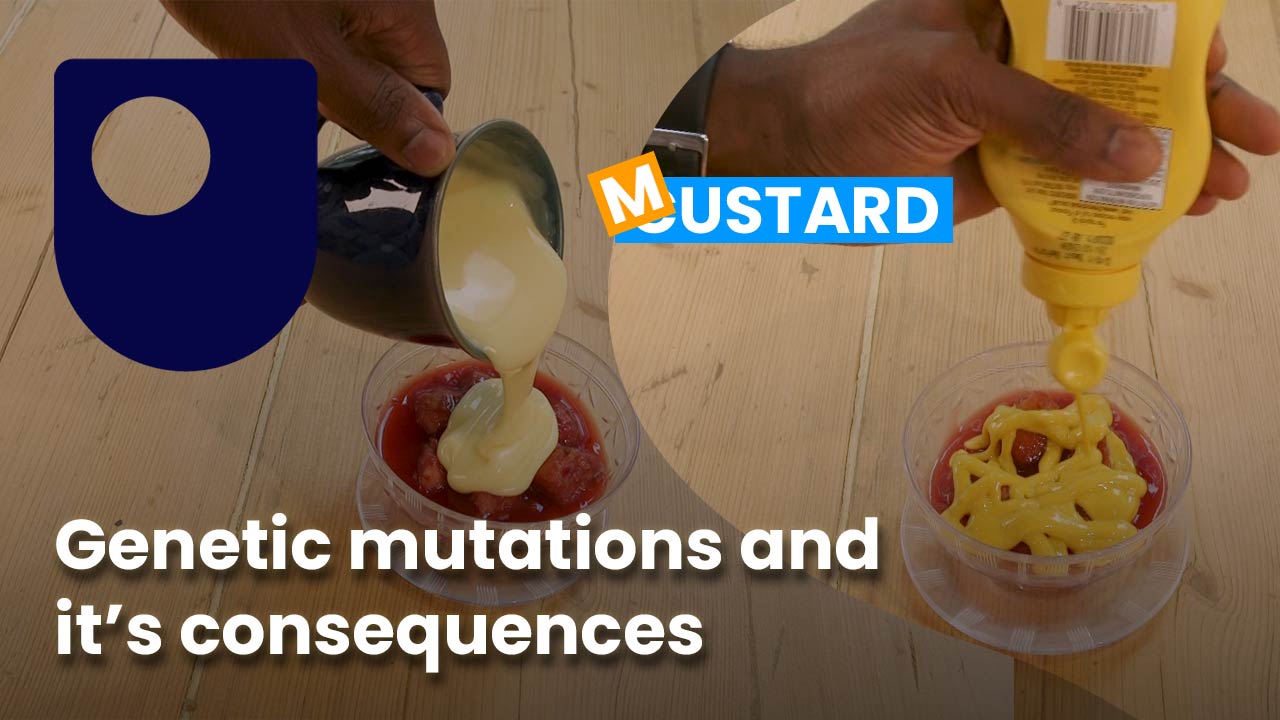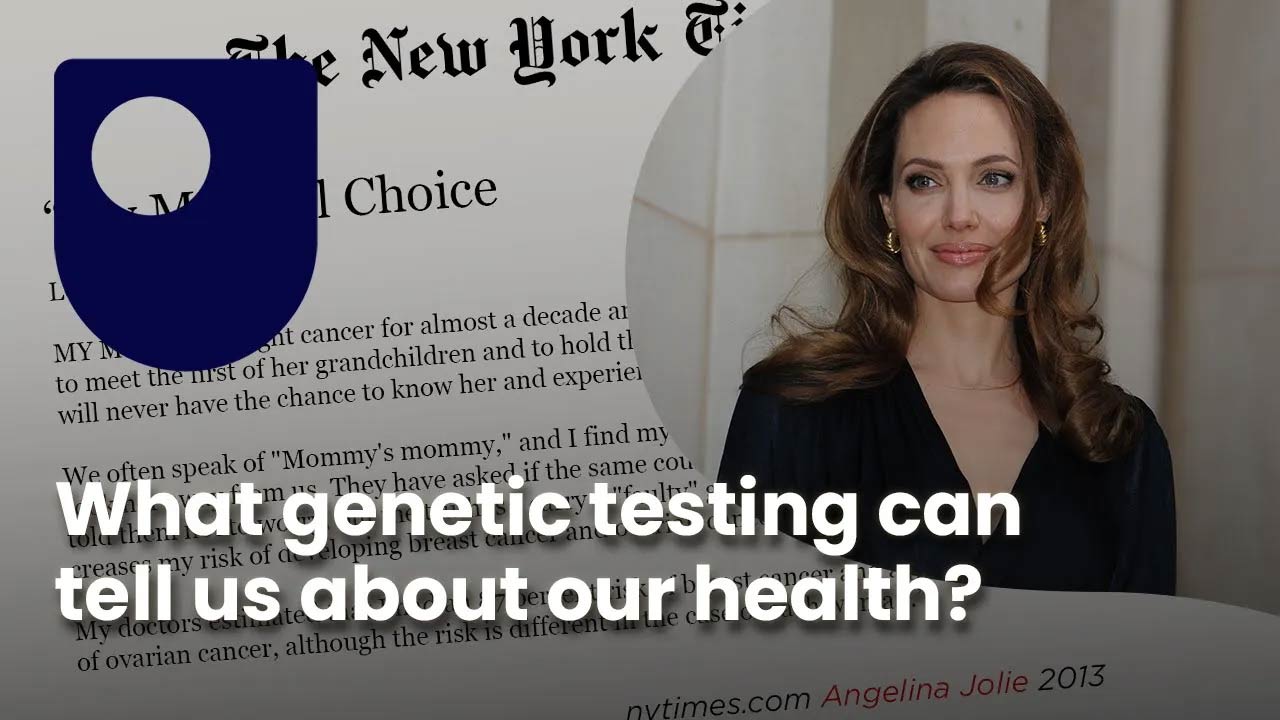It’s an exciting time for genetics research. We are discovering more each day about how genetics shapes us and make us who we are. Large-scale biomedical research databases, like UK Biobank, allow volunteers from all over the country to share their genetic information. This can be used by scientists across the world to make new discoveries and advances in healthcare.
But does current genetics research represent and benefit us all equally? Unfortunately, it does not. Ethnic minorities are underrepresented in genetics research, with the same being true for disadvantaged socioeconomic groups, as well as those with health conditions and disabilities. For instance, there are five million people of South Asian heritage living in the UK today. That’s 8% of the total UK population. Yet, the proportion of South Asians included in genetics research is far below this. In UK Biobank, for example, only 2% of data comes from South Asians. Their representation, therefore, needs to increase by four times to accurately represent the number of South Asians in the UK. Underrepresentation can be seen across all areas of genetics research and has significant consequences for the health and well-being of these communities. For example, oximeters used widely during the COVID-19 pandemic were not properly calibrated for darker skin, which may have contributed to increased mortality seen in ethnic minority groups.
We, the GRACE project, research and engage directly with communities, giving them a voice, and identifying barriers and concerns which prevent their participation in genetics. It’s said that knowledge is power, so we inform through community outreach and educational materials which are inclusive and culturally appropriate. Our philosophy is to engage, inform, and research, leading not just to greater representation, but better representation.
Visit our YouTube playlist to watch more videos from the GRACE project, or visit our website to know more about the project.



.jpg)




Rate and Review
Rate this video
Review this video
Log into OpenLearn to leave reviews and join in the conversation.
Video reviews